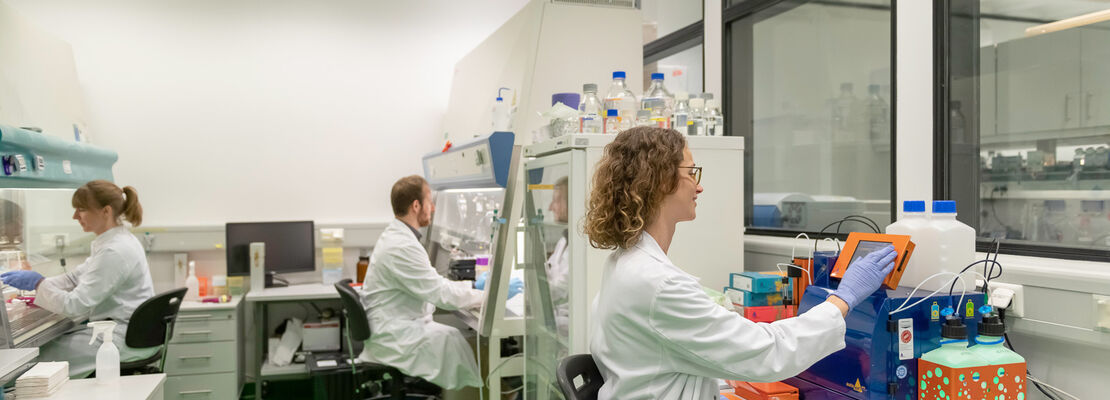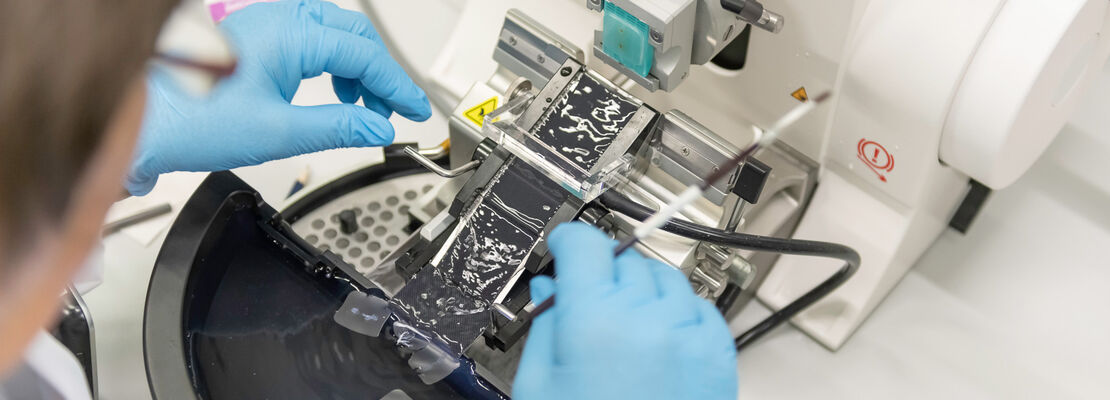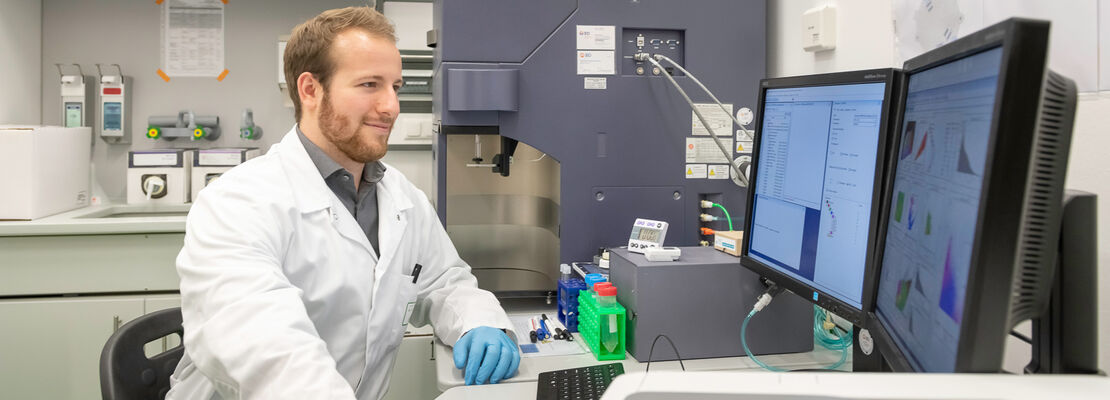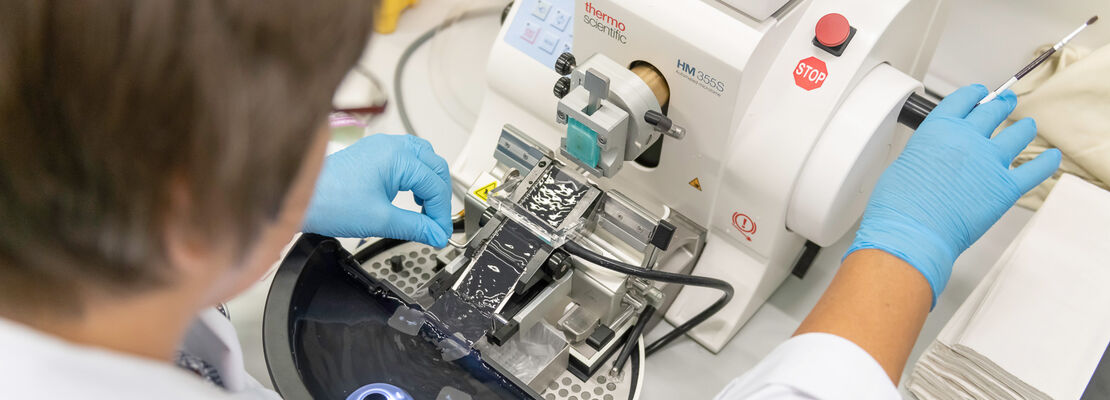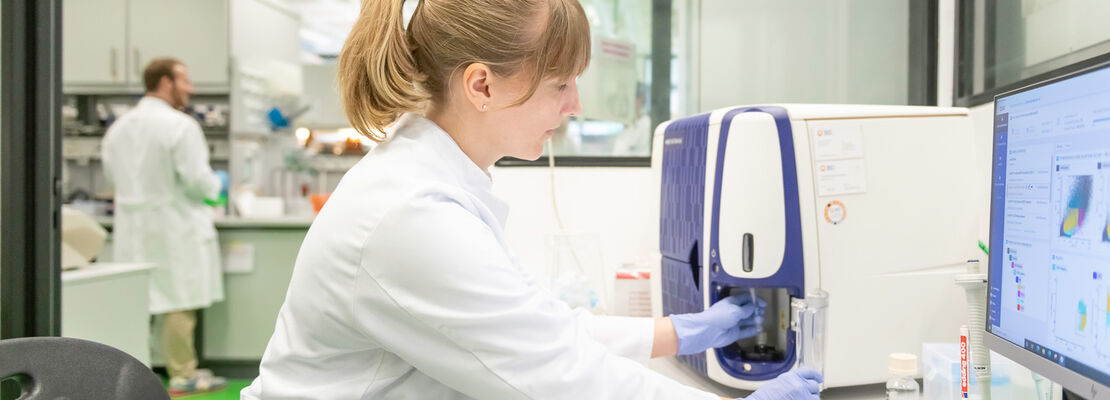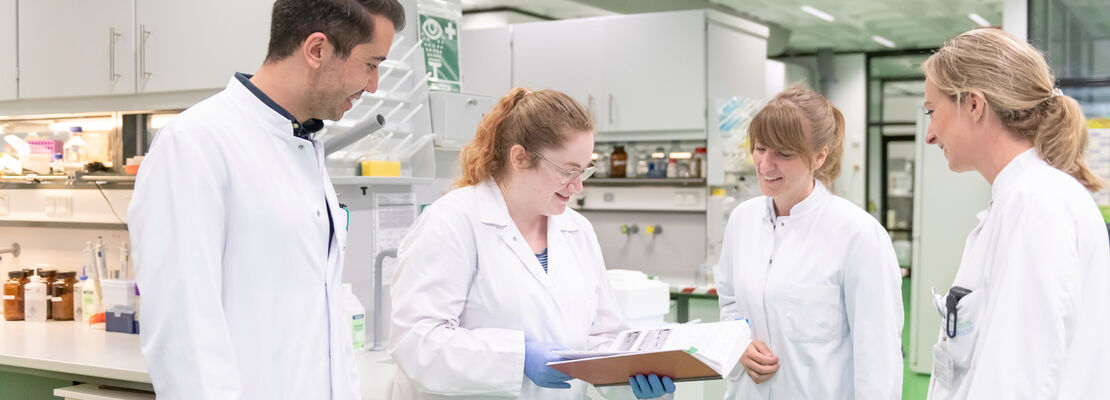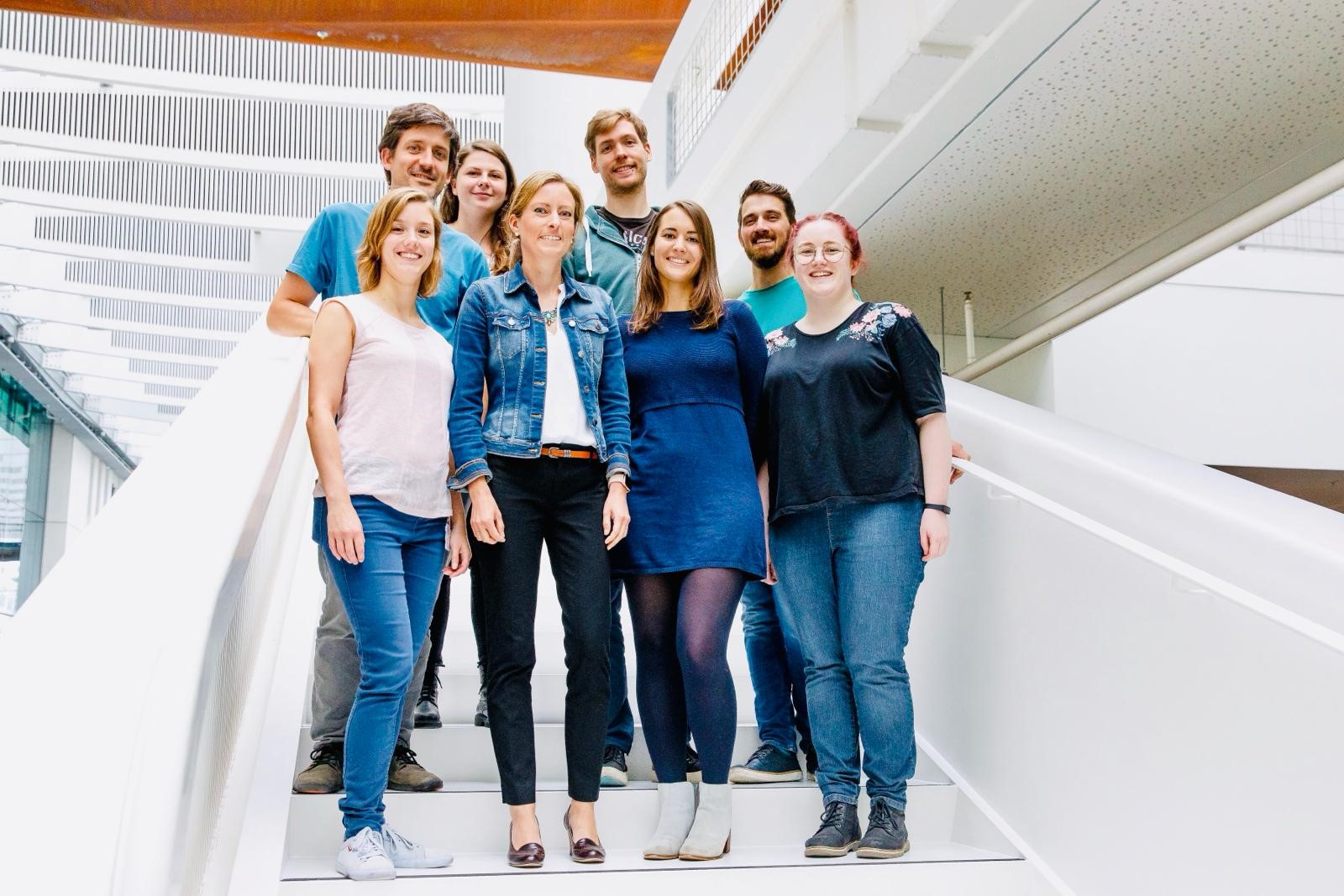A research team led by Prof. Dr. Schneider-Kramann has made significant advancements in understanding the del(5q) Myelodysplastic Syndrome (MDS), a blood disorder characterized by the deletion of part of the 5th chromosome, which increases the risk of developing acute leukemia. The study focused on the genes Csnk1a1 and Egr1 in the deleted region and the frequently mutated gene Trp53. By using CRISPR/Cas9, targeted genetic modifications were made in blood precursor cells that led to the development of acute leukemia.
The researchers developed a new model that allows leukemia cells to be cultured indefinitely for studies and drug testing. An initial test with the CSNK1 inhibitor A51 showed that leukemia cells, which exhibited both haploinsufficiency of Csnk1a1 and a Trp53 mutation, were particularly susceptible to treatment. A51 effectively reduced the number of leukemia cells in animal models and promoted bone marrow recovery.
The investigation revealed that the activity of the MAPK and Myc signaling pathways, driven by genetic changes in Csnk1a1 and Trp53, plays a central role in the development of leukemia. Treatment with A51 successfully suppressed Myc protein expression, which was crucial for reducing leukemia cells.
These findings are an important step towards the development of new therapies for del(5q) MDS by uncovering specific genetic mechanisms that can be targeted for treatments. The discovery of A51 as an effective drug offers new hope for patients with this specific form of leukemia. (DOI: 10.1182/bloodadvances.2022008926)

